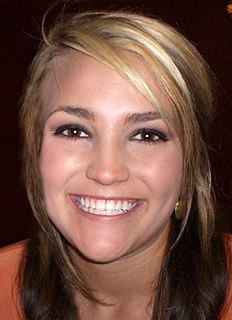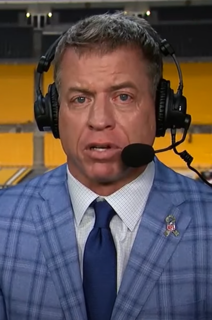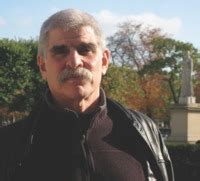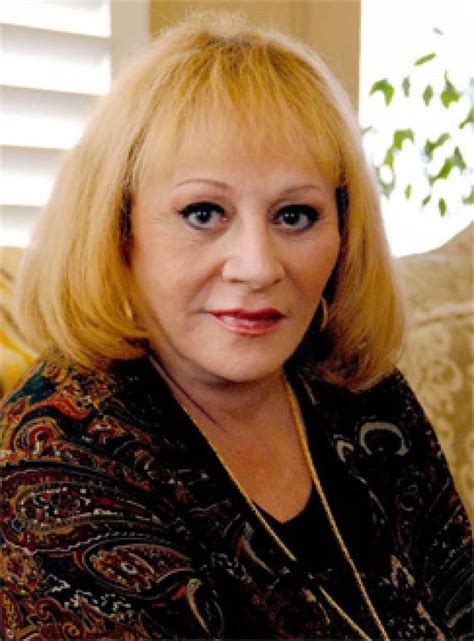A Quote by Bill Bryson
I've been writing all these books that have been largely autobiographical and yet, really, they don't tell you anything about me. I just use my life story as a kind of device on which to hang comic observations. It's not my interest or instinct to tell the world anything pertinent about myself or my family.
Related Quotes
I'm more honest in my lyrics than I am in anything else. It's where I feel the most safe to express myself. I write about growing up, my family, Maddie and getting pregnant. If I've lived it, why wouldn't I talk about it? I guess that's been the coolest thing - realizing that it's OK to just be myself and really tell my story.
To achieve the intimacy between performer and audience in storytelling, I feel like I have to let the audience in on my emotional state, not just, "Here's a story I'm going to tell by rote, and you're just going to listen to it, because I'm such a wonderfully entertaining fellow." It's the idea of sharing enough of myself that it's not just all about, "Look at me, look at me." There's an element to it of, "You understand what I'm talking about, right? You've been in this place that I've been in," which makes it a richer experience.
In old interviews I was still worried about being judged. I think my life was about how can I keep myself in control. How can I just get through this and be okay? And, you know, you turn the corner. You realize that you're not imprisoned by your life or your circumstances or your genetics or anything. I really believe that we all have the ability to come out of our story. But you have to tell your story first in order to come out of it.
I don't think there's a right or wrong things in your style. It's about how you clearly reflect who you are; how you more clearly tell the story. Who are you? How do you want to transmit that to the world, and how do you more clearly say that? Then I have a philosophy, FFPS: fit, fabric, proportion, and silhouette. Proportion's everything, really, knowing your body and understanding that. Those things have been really crucial for me. It's about being clear about the story you want to tell to the world about who you are - and maybe a little bit of FFPS.
There are things that directors know about me that people shouldn't know. But everyone's really different. I've worked with women who I've never wanted to tell anything about myself to, and I've worked with guys who have been pouring wells of emotion. So emotional availability is not a gender-specific thing.
And it's kind of my own fault too, in the sense that I've used my own life as a literary device so much. I think people feel very comfortable reviewing the idea of me, as opposed to what I've actually written. I find that most of the time, when people write about one of my books, they're really just writing about what they think I may or may not represent, as sort of this abstract entity. Is that unfair? Not really. If I put myself in this position where I'm going to kind of weave elements of memoir into almost everything, well, I suppose that's going to happen.




































